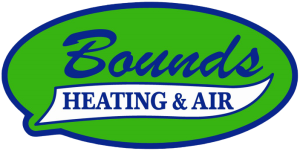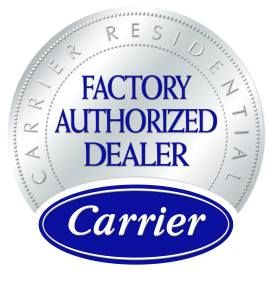
- Standard air filters with fiberglass media and a minimum efficiency reporting value (MERV) rating of less than 4 mainly remove large particles of inorganic dust and lint—the stuff you can actually see floating around. While these particulates may be irritants to some susceptible individuals, the value of these filters is chiefly limited to protecting heating and cooling equipment from wear and tear.
- Pleated polyester air filters with MERV ratings from 4 to 8 capture an average of 50 percent of airborne particles in the range down to 3 microns. In addition to inert microscopic dust, this includes many toxic microorganisms such as mold spores and pollen directly associated with health issues like allergies and respiratory illnesses.
- Electrostatic filtration incorporates a media consisting of fibers charged with both positive and negative static electricity. Because airborne particulates also carry an electrical charge, if properly maintained with regular cleaning electrostatic filters attract and capture particulates more effectively than standard passive filter media. Electrostatic filtration may trap up to 97 percent of particles between 3 and 10 microns, including tobacco smoke components, auto emissions, bacteria, mold spores and pet dander.
- High-efficiency HEPA filters provide gold-standard filtration that meets medical criteria, removing over 90 percent of particulates down to 0.03 micron size, including bacteria and most viruses. However, because a HEPA filter also constricts airflow, residential ductwork must be modified to install the HEPA filter in a bypass loop to avoid air restriction.
For more information on choosing air filters for your home’s indoor air quality issues, contact Bounds Heating & Air.


